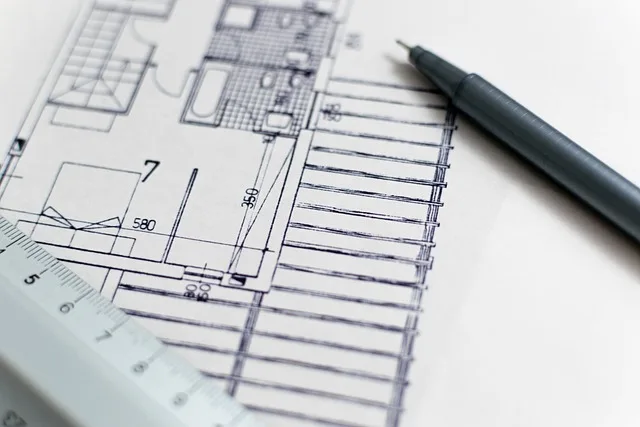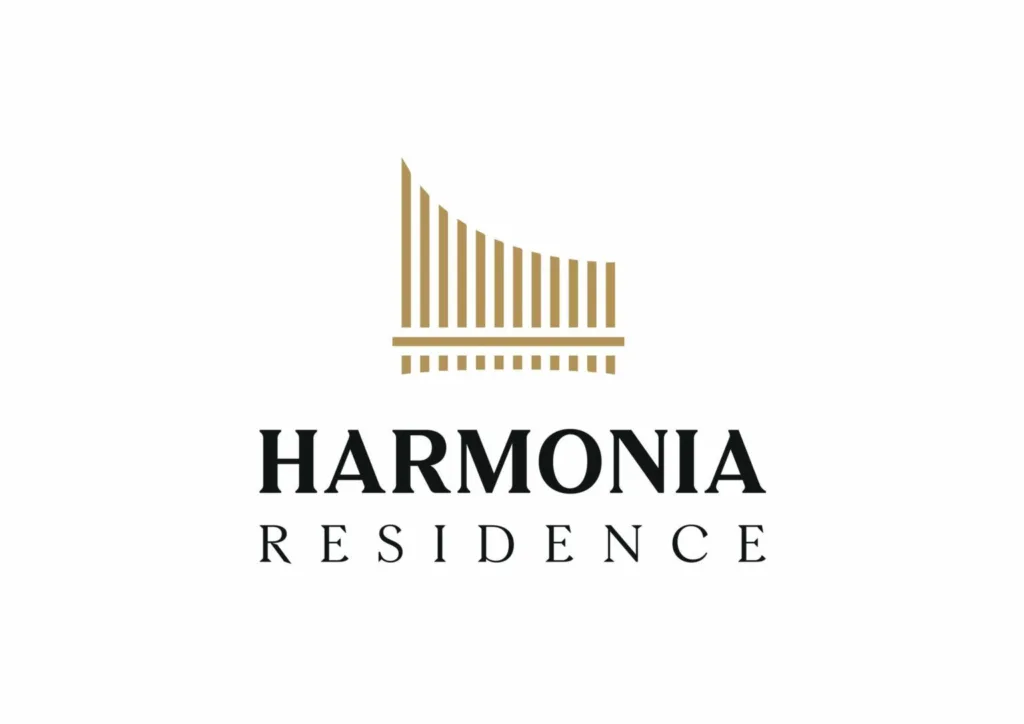
Investing in real estate can be a lucrative endeavor in Ghana, especially in cities like Accra and Kumasi which are experiencing rapid urbanization. However, financing these real estate investments can be a challenge for many investors and developers. This article explores the various mortgage financing options available for real estate investments in Ghana.
Mortgage Financing
Obtaining a mortgage loan from a bank or financial institution is one of the most common ways to finance real estate purchases and investments in Ghana.
Overview of Mortgage Financing Market
- The mortgage financing market in Ghana is still relatively small but growing. Total mortgage debt was about GHS 2 billion in 2018.
- Interest rates on mortgage financing loans range from 25-35% which is high compared to other countries.
- Loan terms are usually 10-15 years. Longer terms of 20+ years are less common.
- Mortgage financing are accessible from banks, savings and loans companies, and mortgage finance institutions.
Requirements and Eligibility
To qualify for a mortgage financing loan in Ghana, some general requirements include:
- Minimum down payment of 20% of property value.
- Proof of steady income for repayment.
- Formal employment and tax records.
- Collateral such as another property may be required.
- Good credit history with no defaults.
Mortgage in Ghana can be obtained by Ghanaians living abroad as well as foreign nationals working in Ghana. However, interest rates may be higher for non-residents.
Benefits
- Mortgage financing allows investors to access larger sums of financing.
- Monthly payments on mortgage financing are more predictable and fixed compared to other types of debt.
- Interest payments are tax deductible.
- Property can be used as collateral for obtaining additional loans in the future.
Drawbacks
- High interest rates increase cost of borrowing.
- Large down payment requirements may be difficult for some investors.
- Applying and qualifying for mortgage financing can be time consuming.
- Failure to repay can result in foreclosure and loss of property.
Construction Mortgage Financing Option

Developers looking to construct new residential or commercial real estate projects may need to obtain construction loans.
Overview of Construction Loans
- Used to finance costs during the construction phase such as materials, labor, permits, etc.
- Once project is completed, the loan converts into permanent financing such as a mortgage.
- Loan disbursements are tied to stage of project completion.
- Interest rates range from 25-28%.
Sources of Construction Loans
- Commercial banks that have dedicated construction finance divisions.
- Savings and Loans companies.
- Some microfinance and investment companies.
Requirements
To qualify for a construction loan, requirements will include:
- Detailed project plans and budget.
- Proof of sufficient working capital.
- Pre-leasing or pre-sales arrangements.
- Collateral such as land, existing property, or cash.
Benefits
- Provides necessary capital during construction phase.
- Payments are not due until project is generating revenue.
- Helps investors manage cash flow.
Drawbacks
- Higher interest rates than traditional mortgage financing.
- Close oversight of project and budget details.
- Timely completion is critical to avoiding penalties or default.
Developer Mortgage Financing Option
Some real estate developers may opt to finance projects directly by raising capital from investors.
Partnership Models
- Joint ventures – Partner with an investor or group of investors.
- Co-ownership – Create a legal entity with shared ownership and mortage financing.
- Direct private investment – Seek investment directly from high net worth individuals, companies, or groups.
Mortage Financing Structures
- Debt mortgage financing – Issue bonds or notes that pay interest to investors.
- Equity mortgage financing – Investors receive an ownership stake and share of profits.
Benefits for Developers
- Tap into new sources of capital.
- Share risk with additional stakeholders.
- Avoid fees and interest associated with traditional financing.
Benefits for Investors
- Higher potential returns than other fixed-income investments.
- Real estate diversification.
- More control through direct ownership.
Drawbacks
- Requires extensive legal documentation.
- Investors must be comfortable with real estate risk.
- Conflicts may arise between developer and investors.
Microfinance Loans

Microfinance institutions provide smaller-scale financing that can support individual investors and smaller developers.
Overview of Microfinancing
- Loans typically from a few hundred to a few thousand dollars.
- Interest rates of 25-35%.
- Focus on borrowers unable to access traditional financing.
Eligibility and Use of Funds
- Start-up capital for new investors.
- Purchasing land for development.
- Investing in rental properties.
- Incremental building of housing units.
Benefits
- More accessible for individual investors.
- Technical support from microfinance institutions.
- Allows diversification into multiple small projects versus one large development.
Drawbacks
- Loan size limits project scale.
- Still high interest rates for borrowers.
- Low amounts increase monitoring costs for lenders.
Government Mortgage Financing Option and Incentives
The government provides assistance for affordable housing development and dedicates funding for housing finance.
National Housing Fund
- Managed by the Ministry of Finance.
- Provides low-interest construction loans from pooled government funds.
- Developers can access loans of up to GHS 3 million.
Ghana Housing Mortgage Financing Initiative
- Public-private partnership initiated in 2019.
- Brings together government, banks, developers, and investors to increase affordable mortgage financing.
- Banks can access guarantees and subsidized funding to provide low-cost mortgage financing below 20%.
Additional Support
- Tax incentives available such as lower land registration fees.
- Priority allocation of state land for qualifying projects.
- Targeted funds and schemes for low-income buyers and developers.
Benefits
- Leverages private capital along with public funding.
- Enables development of affordable units.
- Expands mortgage financing access through lower rates.
Drawbacks
- Application process can be extensive.
- Ongoing participation from all stakeholders is required.
- Government funds are limited based on budget allocations.
Evaluating the Best Mortage Financing Mix
Real estate investors in Ghana may need to utilize a mix of financing sources depending on project size, timeline, and budget considerations:
- Mortgage loans from major banks best for mid-size residential developments.
- Construction loans ideal for larger commercial projects and high-rise developments.
- Partnering with private investors can diversify risk for larger projects.
- Microfinance fills gaps for smaller investors and incremental building.
- Government support essential for affordable housing segment.
Competitive financing terms, flexibility in payment structures, and speed in approving and disbursing funds are key differentiators investors should assess when choosing between the various options.
Key Factors Impacting Real Estate Morgage Financing
While financing options may be expanding, there are still several challenges that constrain real estate investment and development in Ghana:
High Interest Rates
- Interest rates above 25% increase housing costs and limit loan affordability.
- Government borrowing competes for funding, keeping rates elevated.
Restrictive Mortgage Lending
- Conservative underwriting criteria excludes many borrowers.
- Lack of credit scoring infrastructure.
- Difficulty obtaining long-term mortgages.
Undeveloped Capital Markets
- No liquid market for trading real estate securities.
- Constraints accessing longer-term capital from pension funds and institutional investors.
Foreclosure Challenges
- Long and difficult foreclosure process undermines mortgage lending.
- Weak contract enforcement and property rights.
External Factors
- Macroeconomic and currency instability.
- Lack of supporting infrastructure in new development areas.
- Construction costs impacted by imported materials.
Addressing these challenges will require coordinated efforts between policymakers, financial institutions, and real estate stakeholders to continue growing Ghana’s housing market and enabling more productive investments.
Opportunities for Foreign Investors and Non-Residents
While locally-funded developments currently dominate Ghana’s real estate market, foreign investors have increasing opportunities:
Entry Points for Non-Resident Investors
- Partnerships with local developers
- Investing in REITs once established
- Direct purchases of premium and commercial property
Factors Attracting Foreign Capital
- High urbanization rates and housing demand
- Strong economic growth and rising incomes
- Political stability
- Improving business environment
- Favorable demographics with youthful population
Key Risk Considerations
- Price volatility and liquidity challenges
- Difficulty repatriating sale proceeds
- Complex registration procedures
- Reliance on local partners and professionals
With appropriate precautions and adherence to regulations, Ghana’s real estate market offers significant upside potential for global investors seeking emerging market exposure and diversification.
Conclusion
Ghana’s real estate sector is poised for growth supported by ongoing urbanization, economic expansion, and a rising middle class. However, realizing the full potential of real estate development will require increased access to affordable financing, particularly for mid-size and large-scale projects.
Banks, alternative lenders, private capital sources, and the government all have a role to play in expanding financing options for developers and investors across all segments of the market. More availability of long-term mortgage financing and competitive construction lending will also attract greater participation from both local and international players.
With the right financing mix, Ghana can meet the demand for high-quality housing and commercial real estate and cement its position as an attractive destination for property investment in West Africa.

Are you looking to invest in Ghana’s promising real estate sector? The expert team at VAAL Ghana with years of experience developing beautiful residential communities like Harmonia Residence located in Airport West, Accra. With flexible payment plans and a focus on value appreciation, VAAL Ghana is your trusted partner for generating long-term returns. Learn more about our current and upcoming projects by getting in touch today!
FAQs About Real Estate Financing in Ghana
What are the main sources of real estate financing in Ghana?
The main financing options are traditional mortgages, construction loans, private capital through partnerships or direct investment, microfinance loans, and government housing funds and incentives. Individual investors may utilize a mix of these options depending on project scale.
What is the typical down payment for a mortgage financing?
Most lenders will require a minimum down payment of 20% of the property purchase price to approve a mortgage. First-time homebuyers and low-income segments may qualify for 10% down payment options through government support.
What interest rates can investors expect for real estate financing?
Interest rates in Ghana are generally high compared to other markets. Expect rates from 25-35% for most mortgage financing and construction loans. Government subsidized programs may have rates under 20%.
Can non-resident foreigners obtain financing for properties in Ghana?
Yes, foreign investors can obtain mortgage financing or construction loans for real estate investments through private arrangements with banks. Interest rates are usually higher for non-residents.
What options are available for mortage financing affordable housing development?
The National Housing Fund and Ghana Housing Finance Initiative provide developers targeted financing for affordable projects. Public-private partnerships allow access to government lands and incentives to enhance feasibility.